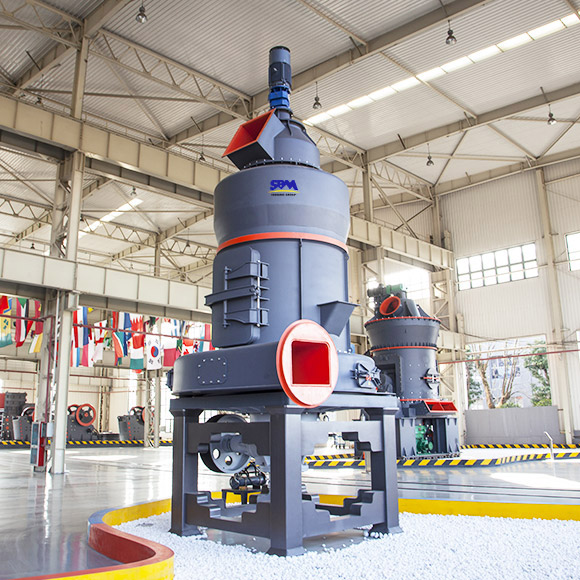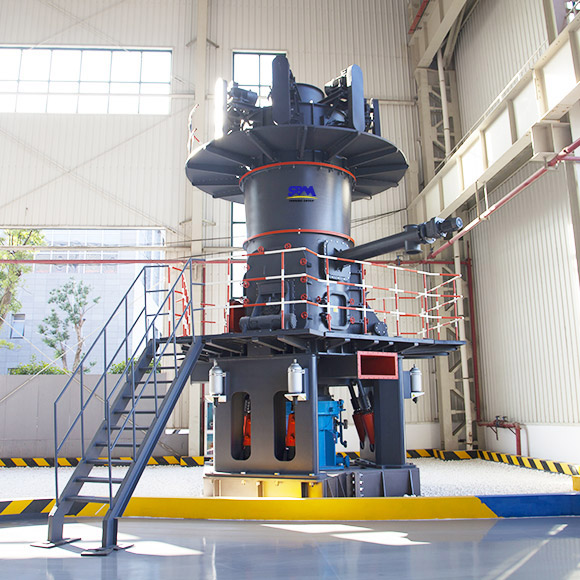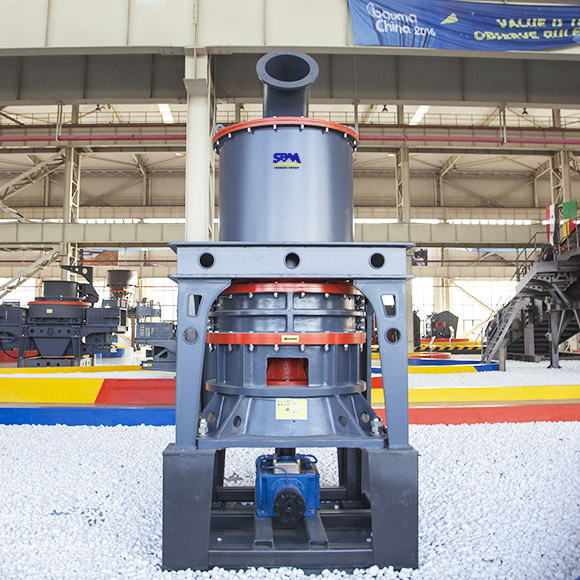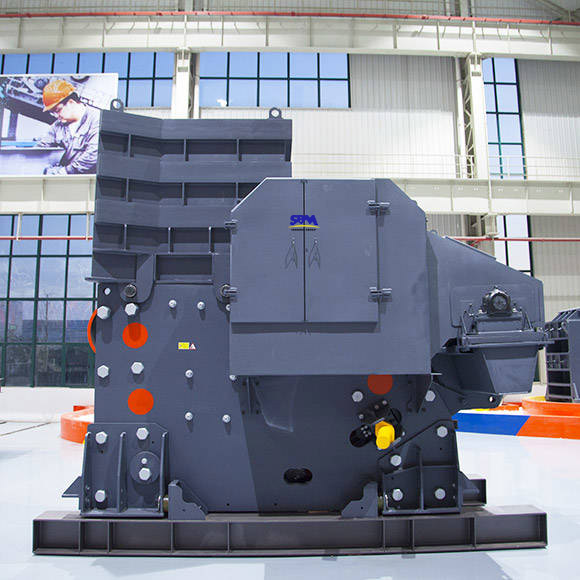
What are the key benefits of the ultrafine powder mill production line described in the text
The key benefits of the ultrafine powder mill production line include:
- Special dust removal equipment for low dust emission and effective dust removal, achieving a dust-free workshop operation with over 99.99% dust removal efficiency.
- Stable production line operation with low vibration, reduced noise, and a low failure rate, leading to yearly maintenance cost savings of nearly $5,000.
- An automatic control system for remote monitoring and control of the production line, enhancing convenience and ease of maintenance.
- More reasonable and compact equipment design, reducing the production line area by about 30% and cutting investment costs by at least 20,000 yuan.
- High powder extraction rate, large output, and consistent quality of finished bamboo fine powder with over 99.99% sieving rate.

What is the significance of bamboo powder in terms of environmental and economic benefits
Bamboo powder offers both environmental and economic advantages. It can be a sustainable and cost-effective alternative to wood powder. Its significance includes:
- Environmental Sustainability: Bamboo grows rapidly and abundantly, making it a sustainable source of raw material. Using bamboo powder reduces the environmental impact associated with wood sourcing.
- Economic Benefits: Substituting bamboo powder for wood powder can lead to cost savings, especially in industries where bamboo is readily available. This can improve the economic viability of products and processes.

What is the process involved in milling bamboo to produce fine powder
The bamboo milling process involves two main stages: crushing and grinding. Here's a summary of the process:
- Coarse Crushing: Bamboo is initially coarsely crushed to a fineness of 10mm-50mm using a crusher.
- Milling: The crushed bamboo pieces are transferred to the grinding chamber of the mill via an elevator and vibrating feeder.
- Grinding: Depending on the desired fineness, bamboo can undergo fine powder processing using Raymond mills or high-pressure suspension roller mills, ultrafine powder processing using HGM ultrafine grinding mills or CLUM vertical roller mills, or coarse powder processing using the European version of coarse powder mills.
- Finishing: The ground material is classified by a classifier, and any unqualified powder is returned to the mill for re-grinding.
- Collection: The powder that meets the desired fineness is collected by a dust collector and then sent to a finished product silo through a conveying device. It can be packaged using a powder tanker or automatic packing machine.

What are some of the common applications for bamboo powder
Bamboo powder has a wide range of applications in various industries and daily life. Some common uses include:
- Charcoal Production: Bamboo powder is used to make high-quality charcoal, which is often used for cooking and heating.
- Filling Aid: It is utilized as a filling aid in plastic products to mask and eliminate the plastic smell.
- Deodorizer: Bamboo powder can be placed in areas with unpleasant odors to help deodorize the environment.
- Raw Material: It serves as a raw material for various products, such as papermaking, building materials, coatings, artificial leather, plastic wood products, insulating materials, and cat litter.


















